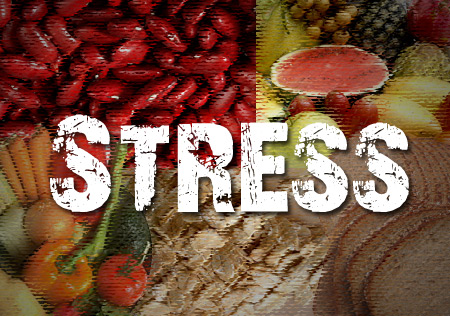Ever wondered what exactly could possibly be happening inside the body when the doctor says that you have Irritable Bowel Syndrome? Ever thought what exactly is it that is irritating your bowels? Something you said or did? Something you did not say or do? Well, those of us who think that it is only we who could get irritated might just want to ponder over it again.
Research has defined that presence of abdominal pain, bloating, discomfort, distension, alteration of bowel habits, chronic diarrhea or constipation or alternation of both in the absence of any detectable organic pathology is Irritable Bowel Syndrome or IBS as commonly said. No real underlying cause has been uncovered. Thus no laboratory tests or imaging techniques reveal anything diagnostic. The irritability of the bowels has been attributed to major events of stress, or previous gastro-intestinal infection. It has been hypothesized that there is a loss of the fine balance maintained between the brain and gut. There is a so called ‘Derailing of the brain-gut axis’. This in simple terms implies that psychological factors (preventive, causative as well as therapeutic) have a major role to play in patients suffering from IBS.
On close observation, one realizes that the patients coming to the gastroenterologist for IBS are often the same ones as seen at the orthopedic centre for chronic backache, headache, and fibromyalgia; at the psychiatrist’s office for depression; or at the surgeon’s table for gallbladder removal. The reason behind it is unknown but indicates that it is not a local disease. It almost always affects more than one system of the patient and wreaks havoc in their life.
Management of IBS is a two-pronged therapy mainly mental being the smaller but more significant part and physical which includes diet and medication. Since it’s not a self-limiting or spontaneously resolving disease, there have to be significant alterations in daily routine which are practically possible and easy to adhere to on a long-term basis.
Mind over Body: IBS is a brilliant example of how our physical body is a mirror of our brain, or mind to be more specific. IBS also called as Spastic Colon Disease, reveals nothing but spasmodically contracted large bowel on colonoscopy. Whenever we are tensed about any situation our neck and back muscles go into a similar spasm which results in backache and headache. Our bowels do the same. The idea lies in controlling our reaction to the situation. Stress is not the situation; it is how you tackle the situation. One can have a party of 30 people and not be stressed about handling them while on the other hand one can have a dinner of just 5 and still be stressed. It is about being calm and in control of the situation and not letting negative emotions weigh you down. Yoga, meditation and breathing exercises which help you relax your mind and have a better grip over your emotions help a lot of IBS sufferers in delaying the gaps between attacks of IBS and in reducing the intensity of each attack too.
Physical Modifications: These need to be maintained on a daily continuous basis to get long lasting relief and results.
a. Dietary Regime: Various people become oversensitive to different food products. So each time you have milk you get diarrhea, or each time you eat a dish with red meat you get constipated, so on and so forth for different people. The key lies in understanding what your body can tolerate and what it cannot and avoiding those food products which trigger off an episode of IBS. Maintain a diary to that effect and eliminate all triggers. Fiber-rich food is a boon for patients with IBS. One must make sure that a large part of their diet includes soluble fiber. Food rich in insoluble fiber do not help control IBS. So it’s necessary to check ingredients on food packets. Consume foods like pasta, beans, whole grain bread, raw vegetables and fruits, rice bran, oats.
Things that need to be avoided include eating too much at one time. It is necessary that one consumes small meals, frequently, calmly. While avoiding high fat and rich foods individuals can also stay away from carbonated and caffeinated drinks. Chocolates and alcohol may also be avoided.
b. Medications: Numerous medications are available in the market for IBS patients but none can give life long relief after one-time therapy. One must consume them on a daily basis to get relief. Following medications are generally given in various combinations based on the symptoms plaguing the patient:
Thus it is necessary to take in consideration both the mental as well as physical options of therapy available to successfully treat an IBS patient. At the end it is not just the bowels…it’s the entire you that’s troubled and irritated. So remember to ‘Eat right, Think Right, Feel Right!’
-Dr. Rachita

